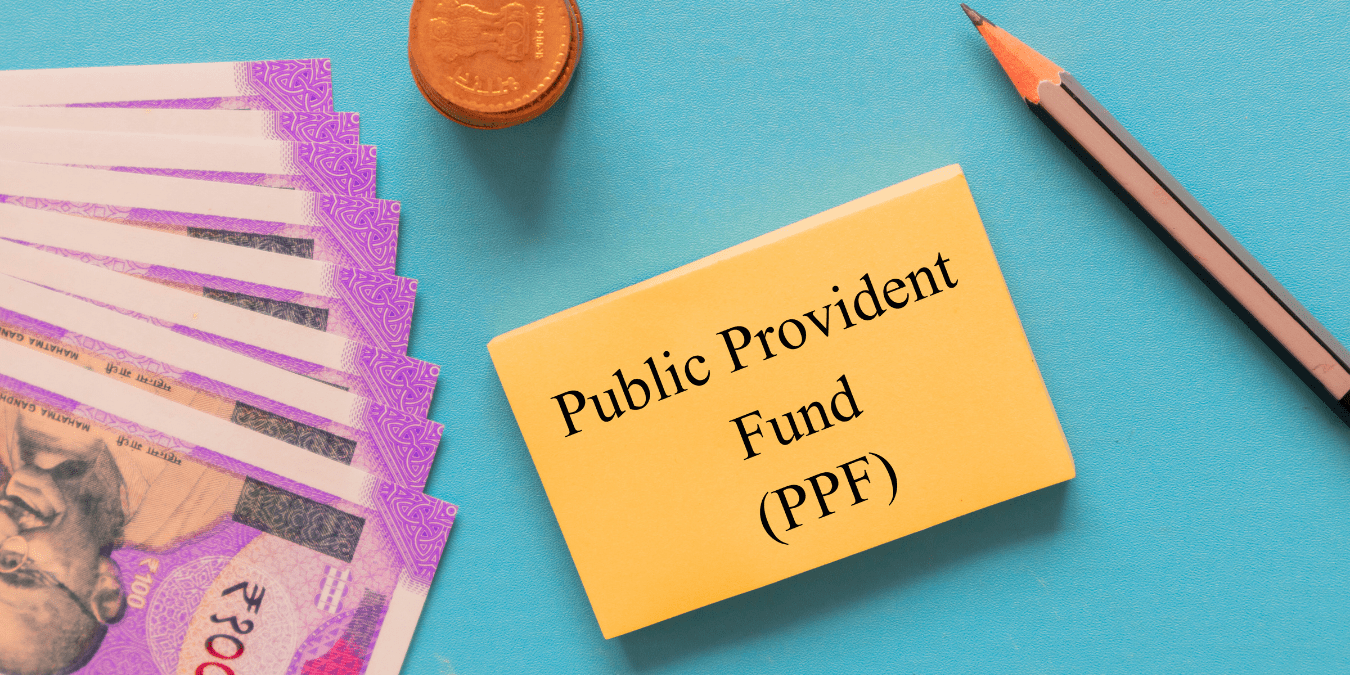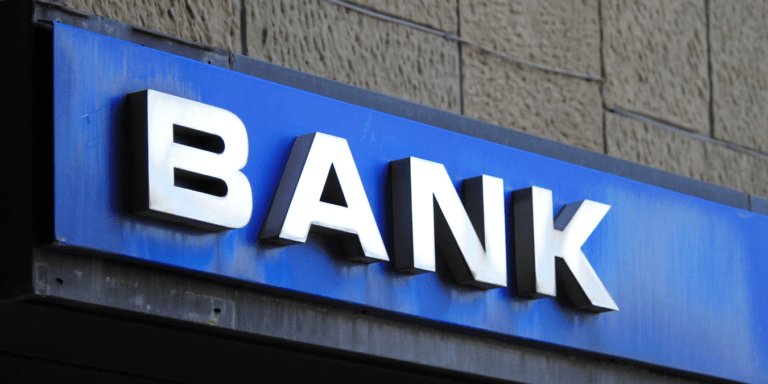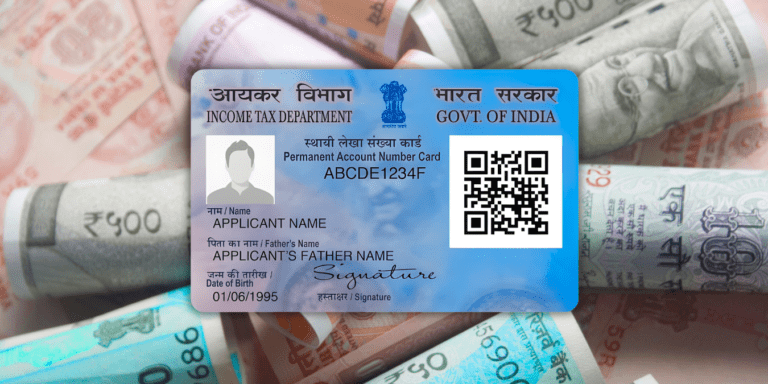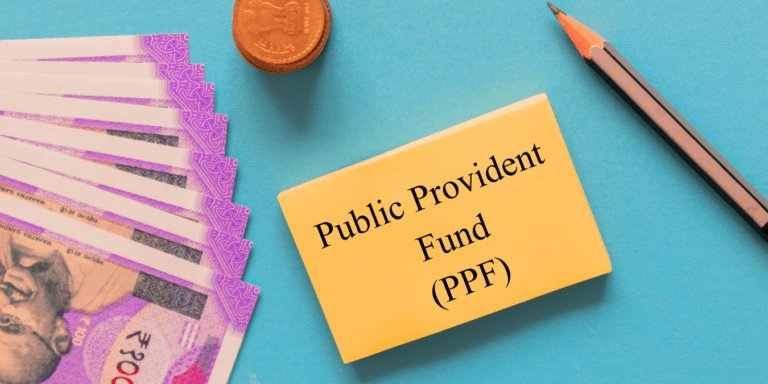
“Stuck in income tax disputes? Learn how Section 158AB of the Income Tax Act, 1961, can help resolve pending appeals faster. Explore benefits, eligibility, CBDT guidelines, and practical tips to save time and money. Perfect for taxpayers seeking efficient solutions to high-value tax cases.”
Navigating the complexities of income tax laws can be daunting, especially when you find yourself entangled in disputes or litigation with the Income Tax Department. Whether you’re an individual taxpayer or a business entity, unresolved tax cases can lead to financial strain, legal hassles, and prolonged uncertainty. Fortunately, the Indian government has introduced provisions to simplify and expedite the resolution of such cases. One such provision is Section 158AB of the Income Tax Act, 1961, which offers a lifeline to taxpayers stuck in prolonged litigation.
In this comprehensive guide, we’ll explore how Section 158AB works, its benefits, eligibility criteria, and how it can help you resolve income tax disputes efficiently. We’ll also provide the latest updates, case studies, and practical tips to help you make the most of this provision.
What is Section 158AB of the Income Tax Act, 1961?
Section 158AB was introduced as part of the Finance Act, 2022, to address the growing backlog of income tax cases and provide a mechanism for faster dispute resolution. This section empowers the Central Board of Direct Taxes (CBDT) to issue guidelines for the disposal of pending appeals by the Commissioner of Income Tax (Appeals) [CIT(A)].
The primary objective of Section 158AB is to reduce litigation and provide relief to taxpayers by ensuring that appeals are resolved in a time-bound manner. It also aims to improve the efficiency of the tax administration system by streamlining the appeal process.
Key Features of Section 158AB
- Time-Bound Disposal of Appeals:
Section 158AB mandates that pending appeals before the CIT(A) be resolved within a specified timeframe. This ensures that taxpayers do not have to wait indefinitely for a resolution. - Focus on High-Value Cases:
The provision prioritizes cases involving substantial tax amounts, ensuring that high-value disputes are addressed promptly. - Reduction in Litigation:
By encouraging faster resolution, Section 158AB helps reduce the burden on higher appellate authorities, such as the Income Tax Appellate Tribunal (ITAT) and courts. - Guidelines by CBDT:
The CBDT is authorized to issue detailed guidelines for the implementation of Section 158AB, ensuring uniformity and transparency in the appeal process.
How Does Section 158AB Help Taxpayers?
If you’re stuck in an income tax dispute, Section 158AB can be a game-changer. Here’s how it benefits you:
1. Faster Resolution of Appeals
One of the biggest challenges taxpayers face is the delay in the disposal of appeals. With Section 158AB, your appeal will be resolved within a stipulated time, saving you from prolonged uncertainty.
2. Reduced Financial Burden
Prolonged litigation often leads to additional costs, such as legal fees and interest on unpaid taxes. By expediting the appeal process, Section 158AB helps minimize these expenses.
3. Improved Cash Flow Management
For businesses, unresolved tax disputes can tie up significant funds. A faster resolution allows you to free up resources and focus on your core operations.
4. Enhanced Trust in the Tax System
Section 158AB demonstrates the government’s commitment to improving the tax administration system, fostering trust and compliance among taxpayers.
Eligibility Criteria for Section 158AB
To benefit from Section 158AB, your case must meet the following criteria:
- Pending Appeals:
The provision applies to appeals that are pending before the CIT(A) as of the date specified by the CBDT. - High-Value Cases:
Priority is given to cases involving substantial tax amounts, as determined by the CBDT. - Compliance with Guidelines:
Taxpayers must adhere to the guidelines issued by the CBDT for the disposal of appeals under Section 158AB.
Latest Updates on Section 158AB
As of October 2023, the CBDT has issued detailed guidelines for the implementation of Section 158AB. These guidelines include:
- Timeframe for Disposal: Appeals must be resolved within 12 months from the date of filing.
- Priority Cases: Cases involving tax amounts exceeding ₹10 lakhs are given priority.
- Digital Processing: The appeal process is being digitized to ensure faster and more efficient disposal.
These updates reflect the government’s commitment to leveraging technology and streamlining processes for the benefit of taxpayers.
Case Study: How Section 158AB Resolved a Tax Dispute
Let’s look at a real-life example to understand the impact of Section 158AB.
Case Background:
A mid-sized manufacturing company had filed an appeal with the CIT(A) in 2020, disputing a tax demand of ₹50 lakhs. Despite multiple hearings, the case remained unresolved for over two years, causing financial strain and operational challenges for the company.
Resolution Under Section 158AB:
In 2023, the company’s case was identified as a high-value dispute under Section 158AB. The CIT(A) prioritized the case and resolved it within six months, reducing the tax demand by 30% based on additional evidence submitted by the company.
Outcome:
The company saved ₹15 lakhs in taxes and avoided further litigation costs. The timely resolution also improved its cash flow and allowed it to focus on business growth.
Practical Tips for Taxpayers
If you’re considering leveraging Section 158AB to resolve your income tax dispute, here are some practical tips:
- Stay Informed:
Keep yourself updated on the latest guidelines and notifications issued by the CBDT. - Maintain Proper Documentation:
Ensure that all relevant documents, such as income statements, tax returns, and supporting evidence, are in order. - Seek Professional Help:
Consult a tax advisor or chartered accountant to navigate the complexities of the appeal process. - File Appeals Promptly:
Don’t delay filing your appeal, as timely action can expedite the resolution process. - Leverage Digital Tools:
Use the Income Tax Department’s e-filing portal to track the status of your appeal and submit documents online.
Common Misconceptions About Section 158AB
Despite its benefits, there are several misconceptions about Section 158AB. Let’s debunk some of them:
- It Applies to All Tax Disputes:
Section 158AB applies only to appeals pending before the CIT(A). It does not cover disputes at other levels, such as the ITAT or courts. - It Guarantees a Favorable Outcome:
While Section 158AB ensures faster resolution, the outcome depends on the merits of your case and the evidence provided. - It’s Only for Large Taxpayers:
Although priority is given to high-value cases, Section 158AB can benefit all taxpayers with pending appeals.
How to File an Appeal Under Section 158AB
Filing an appeal under Section 158AB involves the following steps:
- Identify Eligible Cases:
Determine if your pending appeal qualifies under Section 158AB based on the CBDT guidelines. - Submit Additional Evidence:
Provide any additional documents or evidence that support your case. - Follow Up Regularly:
Track the status of your appeal and attend all hearings as scheduled. - Comply with Orders:
Once the appeal is resolved, comply with the orders issued by the CIT(A).
Final Thought
Section 158AB of the Income Tax Act, 1961, is a powerful tool for taxpayers stuck in prolonged litigation. By ensuring faster resolution of appeals, it not only reduces the financial and emotional burden but also fosters trust in the tax administration system. Whether you’re an individual or a business, understanding and leveraging this provision can help you resolve income tax disputes efficiently.
If you find yourself stuck with an income tax case, consider exploring the benefits of Section 158AB. By understanding its provisions and following the appropriate steps, you can potentially save time, resources, and achieve a favorable outcome in your tax dispute.
-

Best Term Insurance Plan India 2026: ₹1 Crore Cover at the Lowest Premium
-

The Supabase India Ban Explained: Who’s Affected, Why It Happened, and What Comes Next
-

Geopolitical Shock: Bitcoin Tumbles Under $64K Following US-Israel Military Strike on Iran
-

New EPFO Rule 2026: You Can Now Withdraw 100% of Your PF Balance Without Resigning — Here’s How





























